You have not yet added any article to your bookmarks!

Join 10k+ people to get notified about new posts, news and tips.
Do not worry we don't spam!
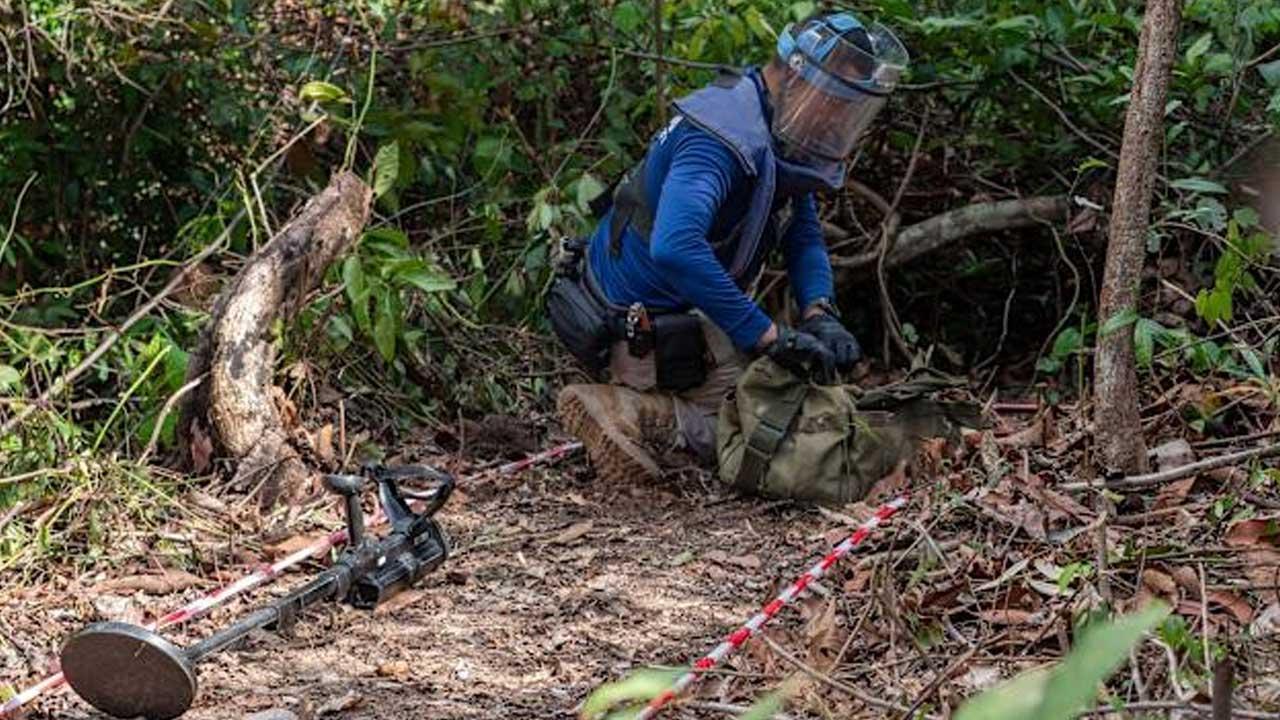
Post by : Rameen Ariff
Photo : Yahoo
The forested border between Thailand and Cambodia has been quiet for the last three weeks. No rockets, no airstrikes, and no new clashes have been reported. But while the guns are silent, a fierce war of words is raging between the two countries. Both Thailand and Cambodia are trying to gain support from their citizens and also attract sympathy from the international community. In Thailand, many people believe that their country is falling behind in this battle of information and media.
Experts say Cambodia has been smarter in using media and social platforms to its advantage. Clare Patchimanon, a media expert, explained on a Thai Public Broadcasting System podcast that Thailand often seems “one step behind” Cambodia in presenting its side of the story. Since the conflict escalated, Cambodian social media accounts, backed by state-controlled media, have shared a flood of stories. Many of these stories have turned out to be false. For example, Cambodia shared pictures claiming that Thailand had lost an F16 fighter jet. The pictures were actually from a Ukrainian conflict. Another claim said Thailand had dropped poison gas, but the image used was from a California wildfire.
Thailand tried to respond with official statements. However, these were often dry, filled with numbers, and came from many different government offices. The military, health ministry, foreign ministry, and local government all issued their own statements, which sometimes seemed uncoordinated. Because of this, Thailand struggled to make the world see that Cambodia, which fired rockets and killed several Thai civilians, was responsible for the escalation.
Political challenges in Thailand made things worse. The government, led by Prime Minister Paetongtarn Shinawatra of the Pheu Thai party, does not have full control over the military. This tension became more serious when former Cambodian leader Hun Sen leaked a private phone call between him and the Prime Minister. In the call, she had asked for help in managing the border conflict and expressed her concern that the Thai army general in charge, Lt. Gen Boonsin Padklang, was not cooperating. This leak caused political chaos in Thailand, weakened the government, and made it harder for the country to respond effectively.
Hun Sen, though technically retired and replaced by his son Hun Manet, continues to hold immense influence in Cambodia. He controls the army, the ruling party, and the media. Hun Sen has been actively posting on Facebook, both in Khmer and English, criticizing Thailand, sharing photos in army uniform, and showing himself with military maps. His social media presence has allowed him to appear strong and in control.
In Thailand, the most visible figure in the conflict has been Lt. Gen Boonsin Padklang. Known for his aggressive nationalist views, he has supporters but also critics who feel his approach undermines the Thai government’s authority. Experts say Hun Sen has used smart tactics to widen divisions within Thailand and portray Cambodia as the victim in the international arena. Thailand admits that it is struggling to fight back with media. Russ Jalichandra, Thailand’s vice-minister for foreign affairs, said that credibility is Thailand’s main weapon. They must provide information that is correct and verifiable, even if it appears slower than Cambodia’s fast and sensational posts.
The conflict is also deeply tied to a long history of border disputes. Thailand wants to resolve the issue bilaterally through the Joint Boundary Commission, which was established 25 years ago. Cambodia, however, wants to take the dispute to the United Nations and the International Court of Justice (ICJ). Thailand does not accept ICJ jurisdiction, partly because of past experiences. In 1962, Thailand lost control of the Preah Vihear temple to Cambodia after a long legal battle. The court’s ruling, though legally correct, still leaves deep political and national sensitivities in Thailand.
Recently, Thailand has raised concerns over landmines along the border. Both countries are part of the Ottawa Convention, which bans anti-personnel mines. Cambodia has a tragic history with mines, leftover from past wars, and has received international support for demining. Thailand claims that Cambodian soldiers have laid new mines along the border, causing injuries to Thai soldiers. To prove this, Thailand invited diplomats and journalists to the border, showing a collection of mines reportedly recently planted by Cambodian forces. Some of the mines appeared new, not old. Cambodia initially denied these claims, saying the mines were leftover from the 1980s civil war. Thailand insists some are freshly placed.
Cambodia has countered by accusing Thailand of using cluster munitions and white phosphorus shells. The Thai military admitted to using them but insisted they were only used against military targets. Both sides have also accused each other of damaging the Preah Vihear temple, a World Heritage Site. Thailand denies damaging the temple, while Cambodia says its historic site has been shelled.
The current situation is about more than military control or politics. It involves national pride, history, and identity. Both countries describe the border as sacred and symbolic. The conflict has affected ordinary people, especially Cambodian migrant workers in Thailand. Hundreds of thousands of them have returned to Cambodia, hurting both the Cambodian economy and families dependent on remittances from Thailand.
Experts say progress in resolving the border dispute is unlikely as long as both governments continue to use media to attack each other. Hun Sen and his son benefit politically by presenting themselves as protectors of Cambodian territory. Meanwhile, Thailand’s government struggles to maintain authority, unity, and credibility in its own country.
This conflict shows how modern wars are fought not just with guns, rockets, or tanks, but with media, history, and public perception. The outcome of this border dispute will affect the future relationship between Thailand and Cambodia and could influence the stability of Southeast Asia for years to come.

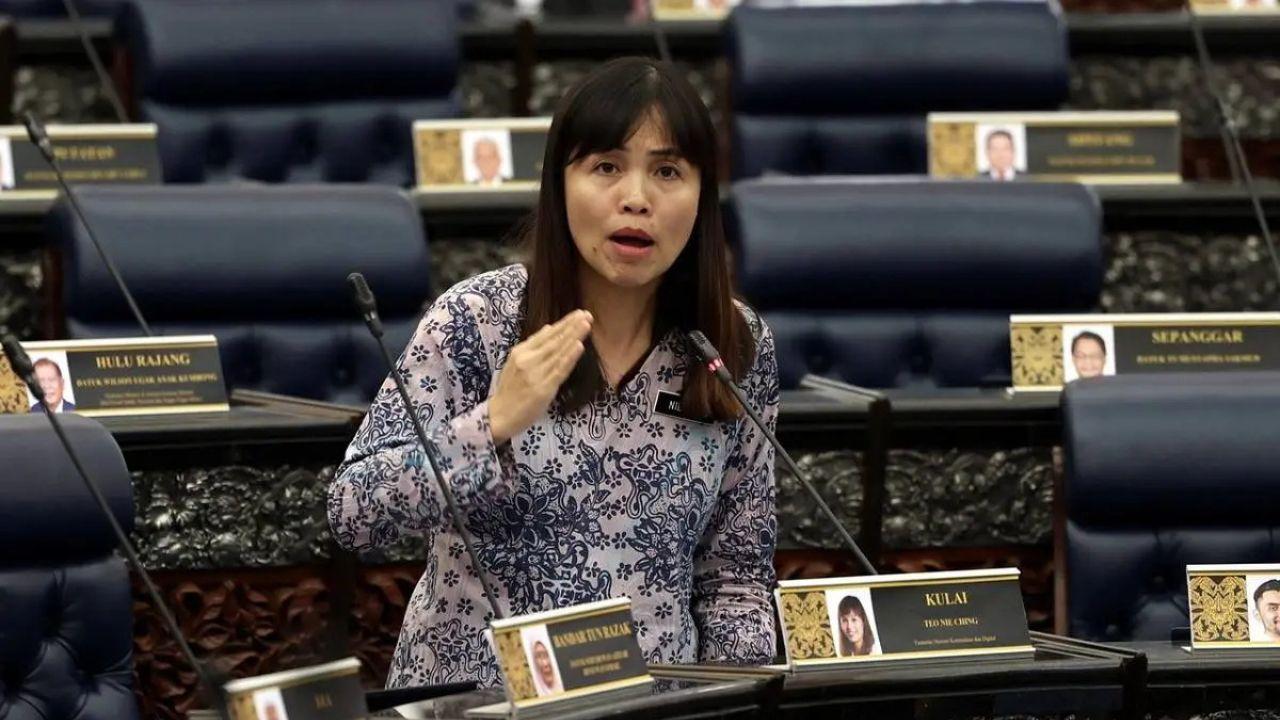


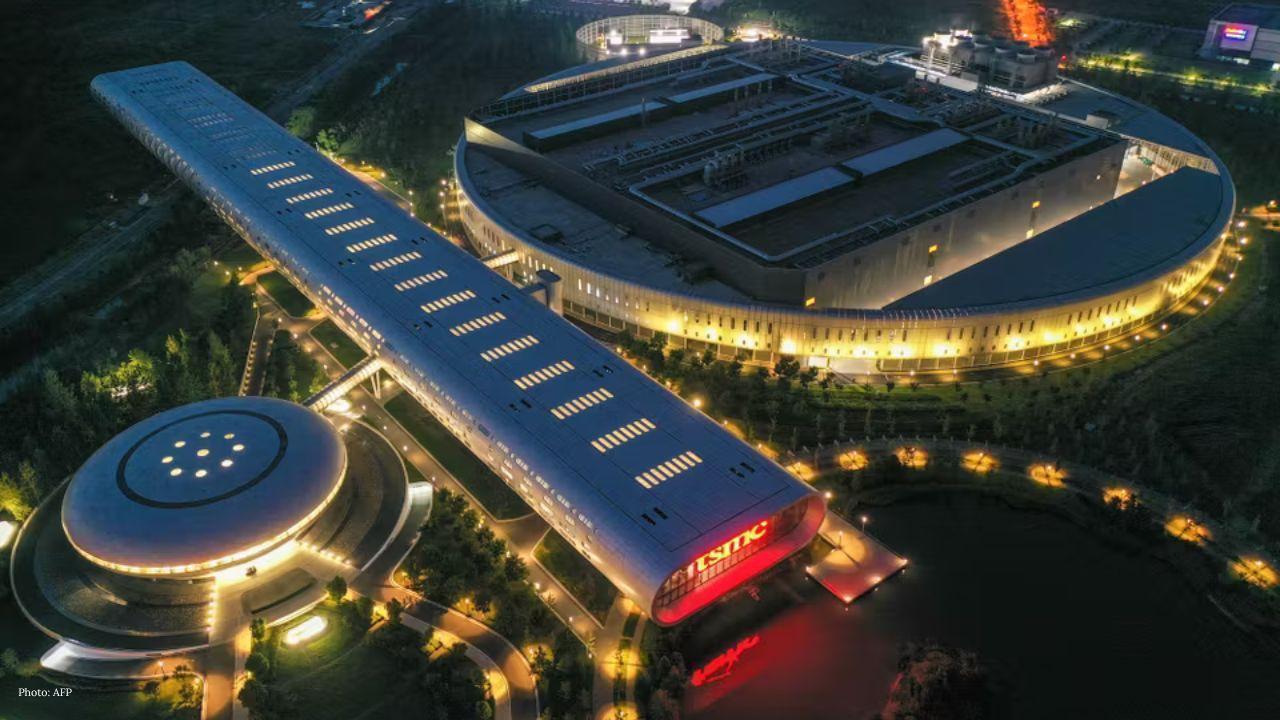
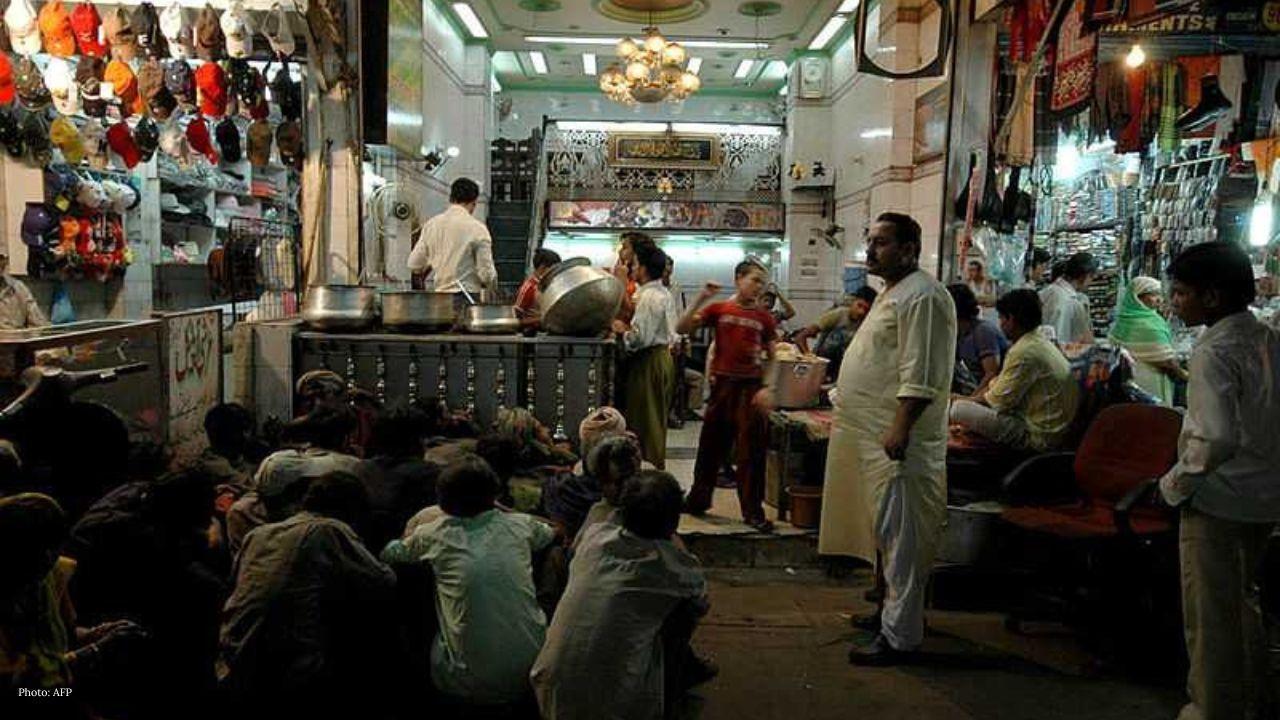

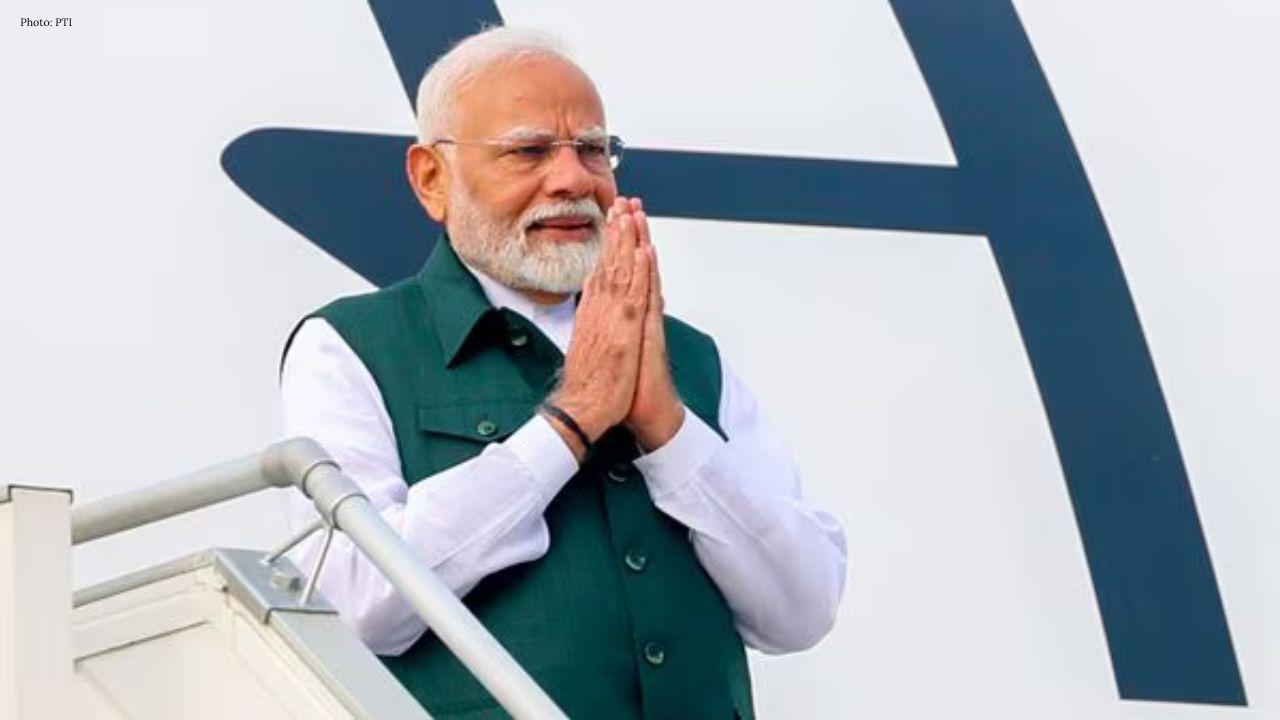


Malaysia moves to protect Musang King durian amid China impostors
Authorities safeguard Malaysia’s Musang King brand as durians from Thailand and Vietnam are being fa

UAE field hospital in Gaza hosts WHO delegation to review aid
WHO delegation visits UAE field hospital in Gaza to assess medical support, review patient care, and

Trump highlights economic gains in State of the Union speech
US President Donald Trump praised his economic record in the State of the Union as he seeks politica

Bahrain Health Minister Meets Child Psychiatry Association Leaders
Discussions focused on strengthening child and adolescent mental health services and expanding preve

Bear Attack in Gua Musang Injures Teen Forager in Forest
19‑year‑old Orang Asli forager bitten by a bear in forest near Kampung Guh, Gua Musang rushed to hos
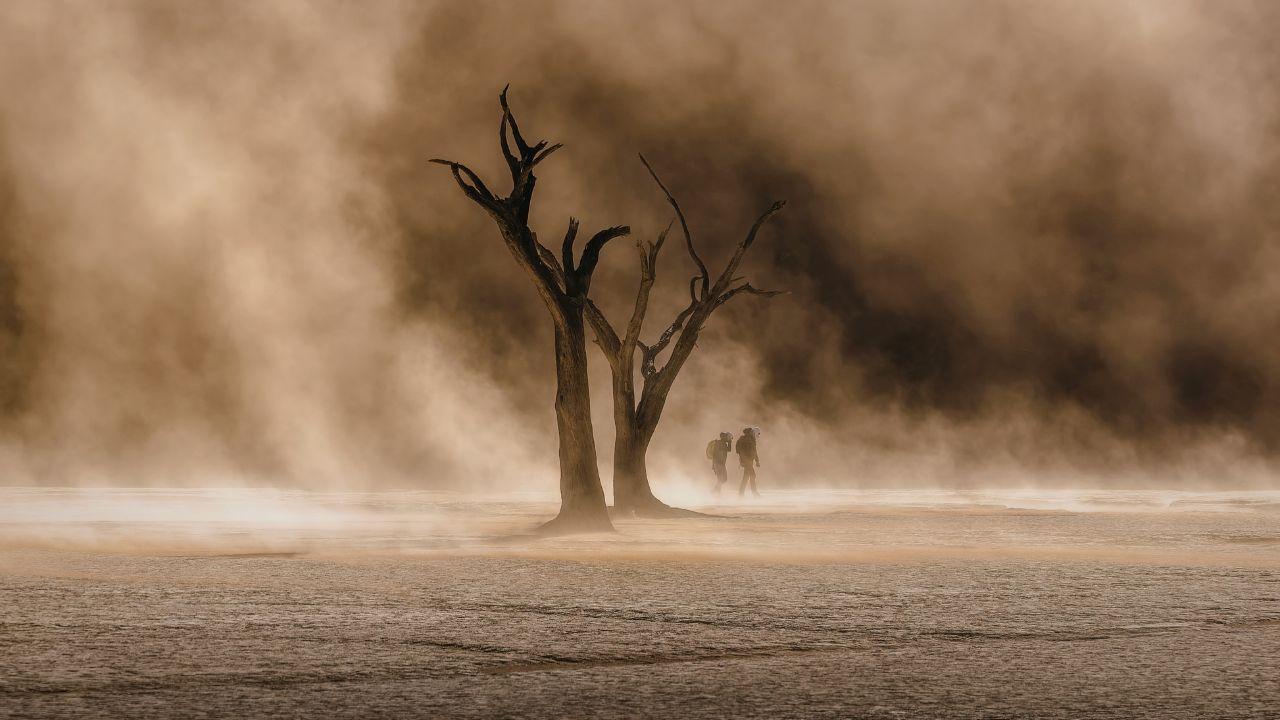
Saudi Arabia Braces for Multi‑Day Dust Storms and Strong Winds
Saudi Arabia’s National Center of Meteorology issues Red & Orange alerts as dust storms, strong wind